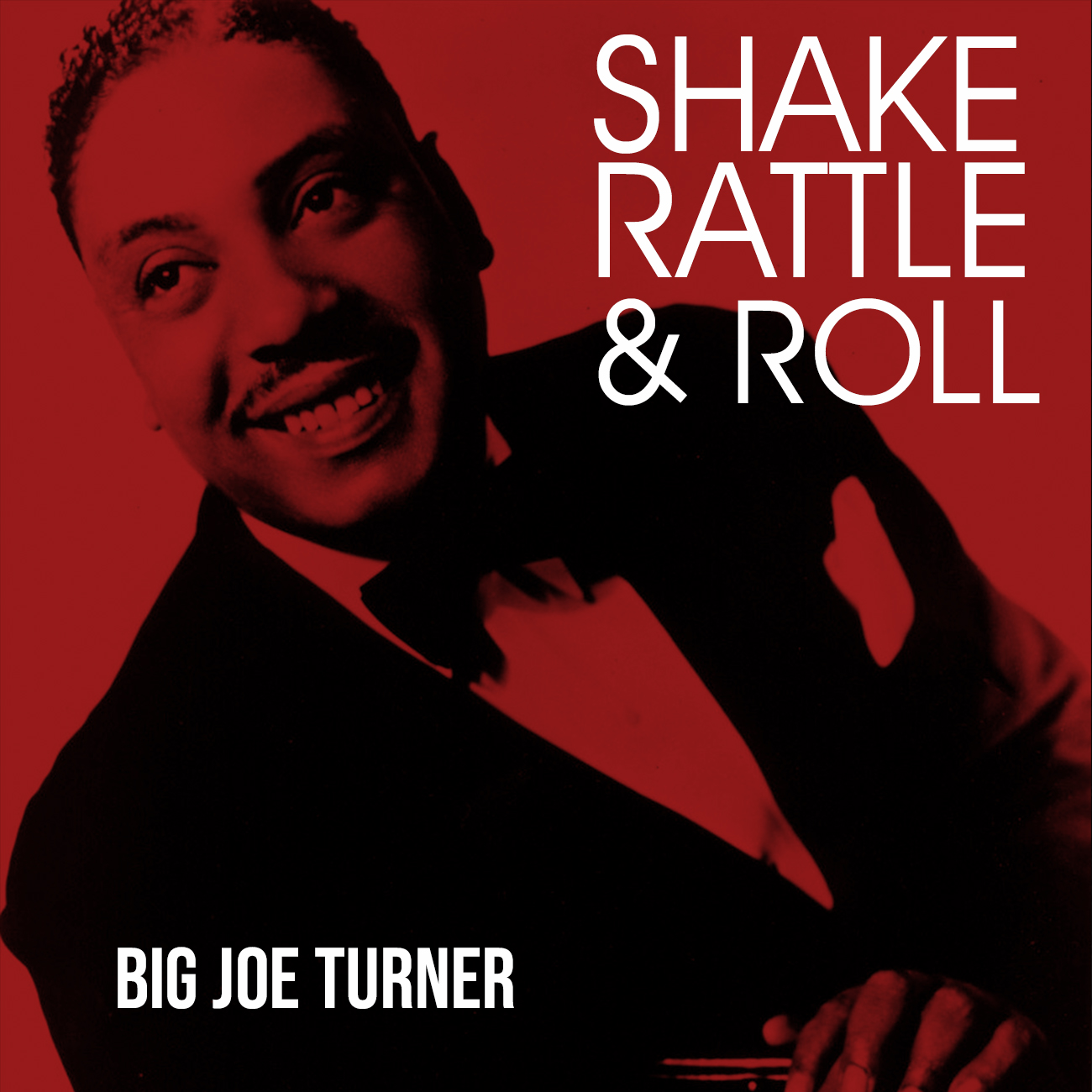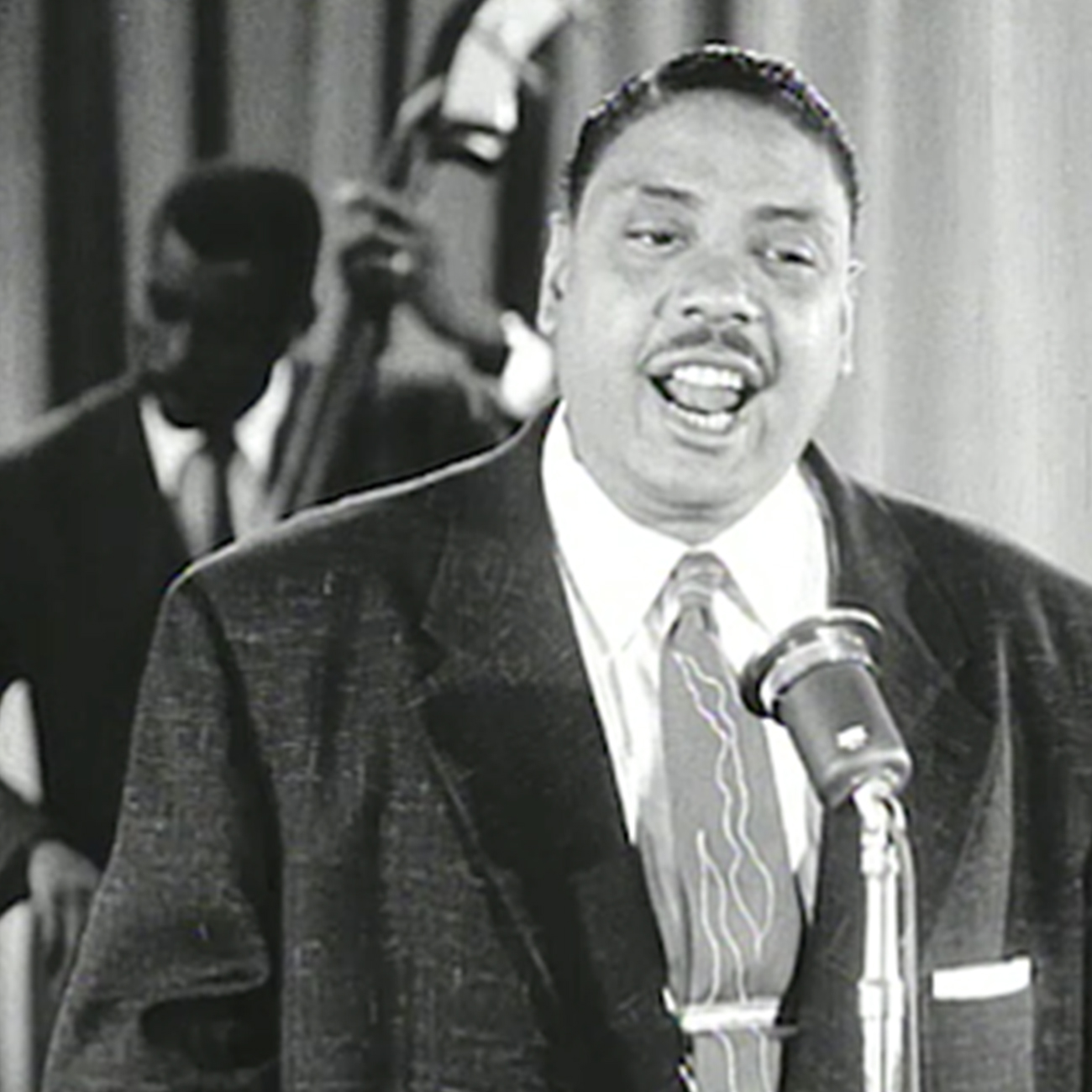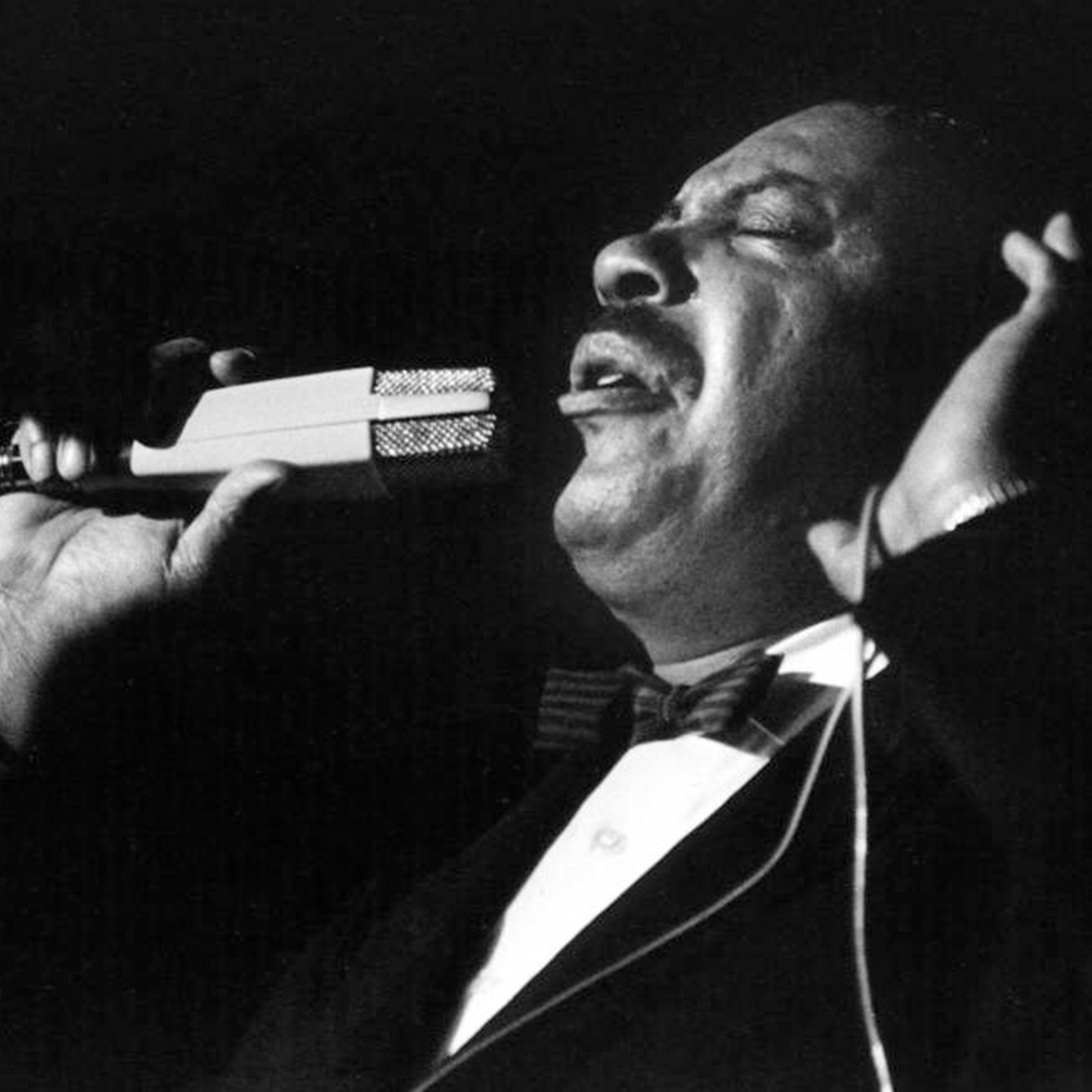Never Forget Big Joe
Joseph Vernon Turner, or Big Joe Turner, as is known to the world was born May 18, 1911, Kansas City, Missouri, U.S. and died November 24, 1985, Inglewood, California. He was an American blues singer, or “shouter,” whose music included jazz, rhythm and blues, and boogie-woogie. He has been credited as a progenitor of jump blues and of early rock and roll. Music authorities have made his influence to the genre abundantly clear:
“Rock and roll would have never happened without him,” songwriter Doc Pomus remarked in Rolling Stone magazine on the occasion of Big Joe Turner’s death in 1985 at the age of seventy-four.
Singing in his youth in church choirs and informally for tips, Turner drew attention as a singing bartender, accompanied by pianist Pete Johnson, in Kansas City saloons. Discovered by jazz critic John Hammond, Turner, with his powerful baritone voice, was taken to New York City for the 1938 Carnegie Hall “Spirituals to Swing” concert and stayed on to become a popular attraction, with boogie-woogie piano accompaniment, at New York nightclubs. He began recording with top jazz musicians and touring the United States and Canada, sometimes with blues players or Count Basie’s orchestra. In 1951 he made a top-selling rhythm-and-blues record, “Chains of Love,” and followed it with “Sweet 16,” “Honey, Hush,” “Shake, Rattle and Roll,” and “Flip, Flop and Fly,” which were rerecorded by young white musicians, notably Bill Haley, using expurgated lyrics.
Turner appeared in several movies (including the documentary Last of the Blue Devils, 1979), at major jazz and folk festivals in the United States and Europe, on television, and in jazz clubs, recording continually into the 1980s. He was inducted into the Blues Hall of Fame in 1983 and into the Rock and Roll Hall of Fame in 1987. [Britanica]





